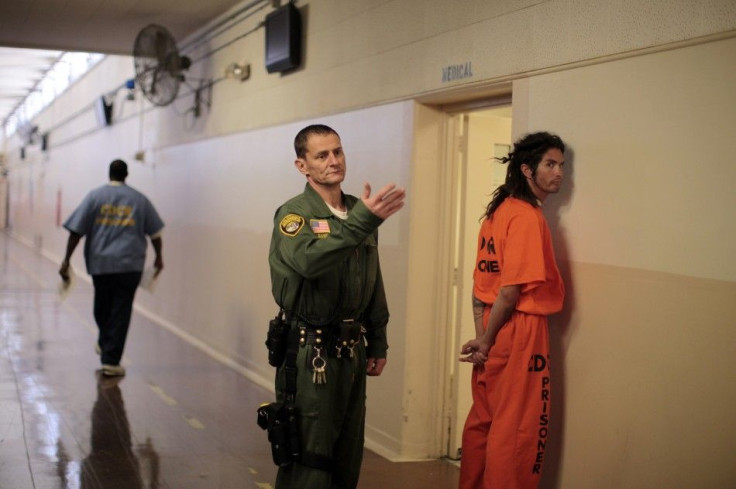Californian voters, please rethink seriously about death penalty: Study

Californian voters are being reminded to think seriously about the existence of the death penalty, which costs the state more than what it costs to incarcerate convicts, according to a new report by two senior legal figures.
During the past three decades, the California state and federal governments have spent more than $300 million for every of the 13 prisoners executed in California, the report stated.
What's more, it showed that it costs at least $184 million more each year to put people to death than to put the convicts in prison for life.
The average time from a conviction to an execution in California now takes more than 25 years, which is twice of the national average.
The report also warns that the total cost number will increase to around $9 billion by 2030.
This study has taken 3 years to finish. The research was undertaken by Judge Arthur Alarcon, who serves in the Ninth U.S. Circuit Court of Appeals, and his law clerk, Loyola Law School Professor Paula Mitchell.
The researchers didn’t offer any of their own opinions for or against the death penalty. They simply listed the execution costs at both state and federal level, leaving Californian voters to rethink their previous choice towards the capital punishment law. Since 1978, voters have consistently chosen to extend the capital punishment net. Consequently, the state now has the most exhaustive laws in the country, with some 39 eligible crimes.
We're not in the business of drafting initiatives, but we do propose ways the voters should consider to remedy this horrible situation, San Francisco Chronicle quoted Mitchell as saying. We really wanted for this study to be academic and objective and to leave aside the question of morality over the death penalty so that voters can focus clearly on what they are spending.
© Copyright IBTimes 2024. All rights reserved.











